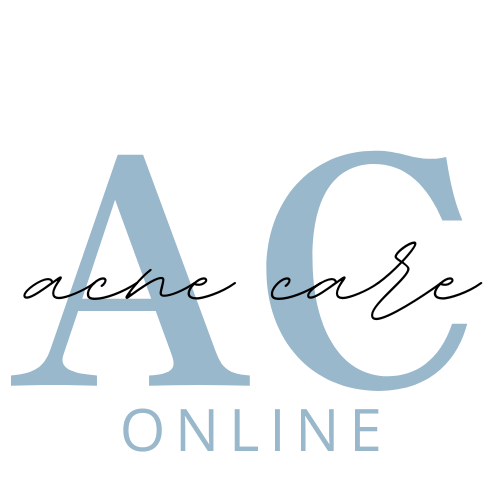Quick Tips For Hard Pimples

You have probably had acne at some point in your life. Acne is a highly prevalent skin disorder that comes in various forms. Several varieties cause painful and unpleasant hard pimples. They might be on the skin’s surface or underneath it. Whenever dead skin cells, oil, and germs penetrate the skin’s surface, they form hard pimples. A doctor must treat certain forms of hard spots to avoid worsening and leaving scars.
What Causes the Formation of a Hard Pimple?
Acne is a common skin issue among preteens, adolescents, and adults. Acne affects around 8 out of every 10 preteens and teenagers. Acne affects roughly 17 million Americans. Acne develops whenever the pores of the skin or hair follicles get blocked. Pores get blocked as a result of:
- Bacteria called Propionibacterium acnes
- Sebum is an oil your body produces to keep your skin from drying out.
- Dead skin cells
Hard pimples form whenever dead skin cells, sebum, and germs reach the skin’s surface. Bacteria proliferate swiftly beneath the skin. This may cause irritation and even infection of the skin. Hard pimples emerge as elevated lumps on the skin’s surface or underneath it. They are sometimes filled with pus.
Furthermore, it is unclear what causes acne, while various factors may impact it. These are some examples:
- Genetics
- Friction on the skin, including from a backpack or hat
- Makeup
- Stress
- Medications
- Fluctuating hormones
How Do Hard Pimples Usually Get Treated?
Acne does not have a single cure or therapy. Your disease will be treat according to its kind and severity. Acne pustules and papules are frequently thought to be a minor type of acne. Over-the-counter (OTC) medications, including salicylic acid or benzoyl peroxide, might effectively treat them. Your skin might clear up in a few weeks when you follow the recommendations on the specific product.
It would help to talk to your doctor about further possibilities when OTC therapies are not working. A doctor must treat nodules and cysts. These are more severe types of acne that need more rigorous therapy. Your physician might advise using topical treatments, oral medications, or an alternative approach like light therapy.
Acne Topical Treatments
There are several topical acne treatments available. Topical therapies may kill germs or address other symptoms, such as lowering skin oil. Some are accessible without a prescription, while others need one. You can also get a larger dosage of specific topical therapies with a prescription.
Topical treatments include the following:
- Retinoids, which help to keep pores and hair follicles clear.
- Medicines that kill germs while reducing inflammation
- Acne-causing bacteria are kill by benzoyl peroxide.
- Salicylic acid, which eliminates dead skin cells from the surface of the skin
Acne Oral Remedies
Your doctor might advise using an oral medicine to treat your cysts and nodules. Treatments of this sort include Antibiotics, which are administer briefly and then discontinued as symptoms resolve—birth control medications (for women) to aid with hormone balance. Isotretinoin is often use in extreme situations when other drugs have failed.
Other Treatments For Acne
Aside from topical and oral drugs, the following therapies might aid your cysts and nodules:
- Acne-causing microorganisms are target by laser and light treatment.
- The treatment of drainage and extraction allows your doctor to eliminate an acne cyst.
- Steroid injection is a procedure in which your doctor injects a steroid into the afflicted region.
Is This a Different Kind of Bump?
What seems to be hard pimples might result from a completely different ailment. Consult your doctor when you have strange symptoms or your hard spots are not clearing up. They could determine when these blemishes are cause by acne or another underlying medical problem.
Because cancer grows on the outer layer of the hair and skin follicles, basal cell carcinoma might seem to be acne. Another disorder that resembles acne is chloracne, which is cause by exposure to halogenated polycyclic hydrocarbons. It might lead to nodules or cysts. Rosacea might manifest as pustules and papules, although therapy might vary.
In Summary
Depending on the kind of acne producing your hard pimples, your treatment program may
include over-the-counter or prescription medicine. Select scar-prevention products in consultation with your doctor. They could also be able to cure any acne scars you have.
If you have severe acne, you should seek medical attention. Cysts and nodules may have a wide range of effects on your life. The disease can be unpleasant and uncomfortable, but it may also impact how you feel about yourself. Many persons who suffer from persistent acne have poor self-esteem or despair. Be patient with the recommended therapies, and let your doctor know if your illness hurts your mental health.






